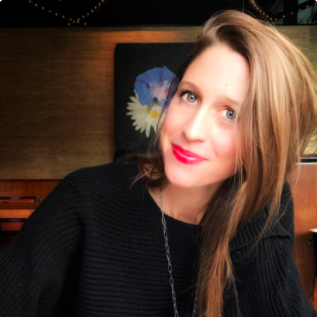Last week, the New Horizons spacecraft flew by Pluto, sending back the first close-up pictures of the planet. This, of course, brought up the question “Is Pluto a Planet?”. However, as Professor Ariel Anbar from ASU’s Center for Education Through Exploration (ETX) and Dr. Dror Ben-Naim, Smart Sparrow CEO and Professor of practice in the Mary Lou Fulton Teachers College at ASU, noted— it doesn’t matter.
In their Slate Op-Ed, they discuss that science isn’t about memorizing facts (such as whether or not Pluto is a planet), but that instead, it’s a process: “the relentless application of common sense.”
But what does this mean? It’s the ability to use critical thinking to work through problems, create and test hypotheses, and draw inferences or conclusions from observations and experiments. Even for individuals who will never become full-time scientists, the ability to evaluate information, solve problems, and embrace challenges – all lessons learned through science education—will serve students well in careers and life.
In order to teach these skills more effectively—and at scale—Smart Sparrow has teamed up with ETX to provide college students rich, interactive and adaptive learning experiences that teach science through exploring big questions, like whether we’re alone in the universe.
We now know many more facts about Pluto—it’s larger than we thought, with unexpected ongoing geological activity. However, while that’s exciting, it’s not the most exciting thing about New Horizons. The team that launched New Horizons almost a decade ago are expert explorers, and as Dror and Ariel point out, “we need more expert explorers, in all walks of life.”


